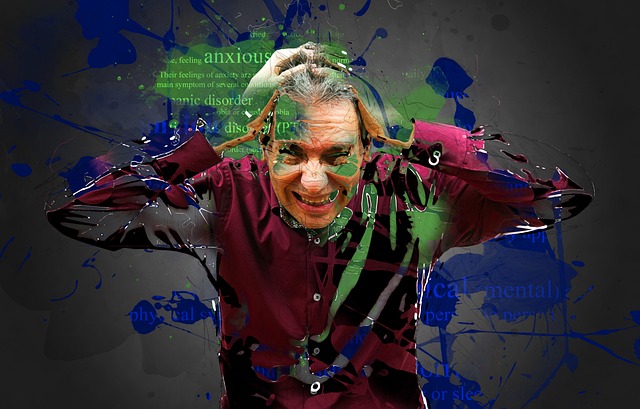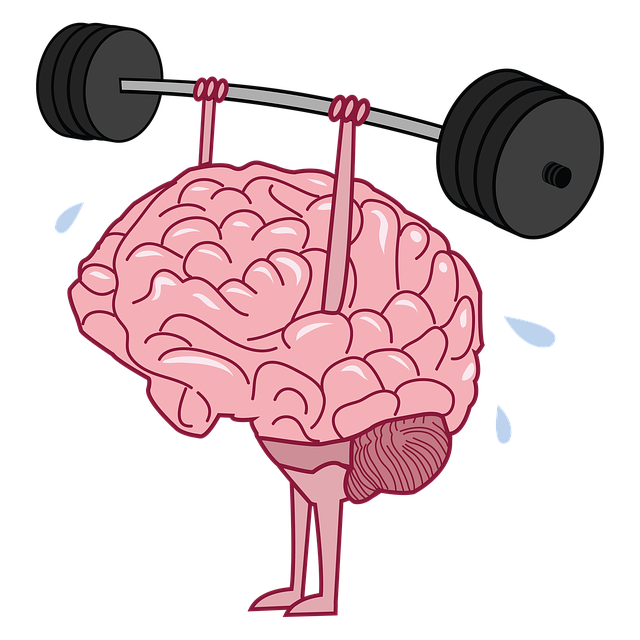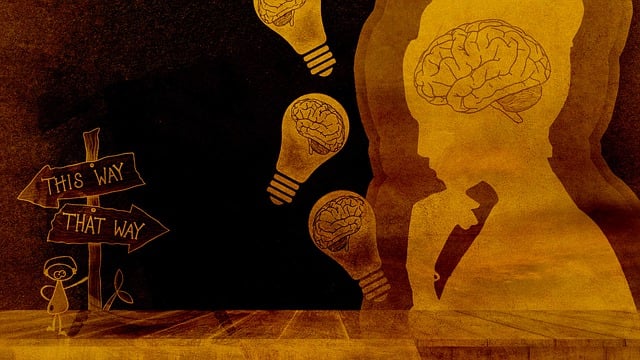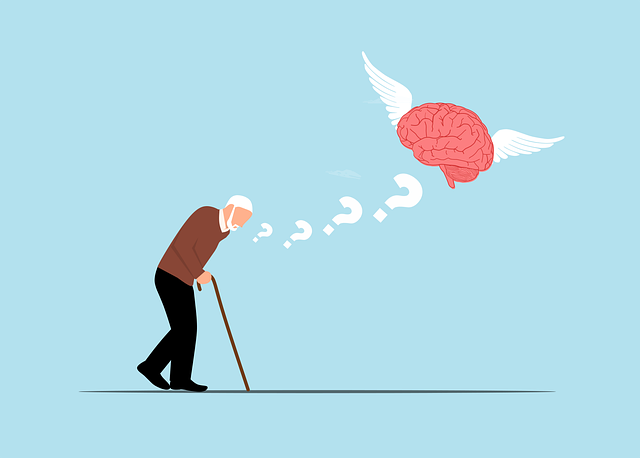The stigma surrounding mental illness significantly impacts older adults, leading to isolation and shame due to ageism and discrimination. Cognitive Behavioral Therapy (CBT) offers a powerful solution by targeting negative thought patterns and behaviors, fostering emotional intelligence, and enhancing coping mechanisms. CBT empowers elders to challenge societal perceptions, reduces stigma, and encourages open conversations about mental health. Community engagement through accessible platforms like community centers, schools, and faith-based organizations, coupled with educational workshops and CBT techniques, creates supportive environments and promotes proactive mental healthcare for seniors.
Stigma surrounding mental illness remains a significant barrier, especially for elders. This article delves into strategies aimed at reducing this societal burden, focusing on understanding the unique challenges faced by older adults and providing effective solutions. We explore the profound impact of mental health stigma on this demographic and present Cognitive Behavioral Therapy (CBT) as a powerful tool in its reduction. Additionally, we discuss community engagement strategies for mental health advocacy, emphasizing their vital role in fostering a more inclusive society for elders struggling with mental illness.
- Understanding Mental Illness Stigma and Its Impact on Elders
- Cognitive Behavioral Therapy: A Potent Tool in Stigma Reduction
- Strategies for Effective Community Engagement in Mental Health Advocacy
Understanding Mental Illness Stigma and Its Impact on Elders

Stigma surrounding mental illness can have a profound impact on elders within our communities. This societal prejudice often manifests as discrimination, leading to feelings of isolation and shame for those struggling with their mental health. Elders may face unique challenges when seeking help, such as barriers related to ageism or a lack of understanding about the effectiveness of modern therapies.
Cognitive Behavioral Therapy (CBT) has emerged as a game-changer in addressing these issues. CBT is an evidence-based approach that focuses on identifying and modifying negative thought patterns and behaviors. By fostering emotional intelligence, CBT equips individuals with valuable coping strategies to manage mental health conditions effectively. Moreover, it encourages open conversations about mental illness, thereby reducing the stigma through increased mental health awareness among elders and the broader community. This therapy is particularly beneficial in helping seniors navigate their mental health journeys while promoting a sense of self-worth and resilience.
Cognitive Behavioral Therapy: A Potent Tool in Stigma Reduction

Cognitive Behavioral Therapy (CBT) has emerged as a powerful tool in the ongoing efforts to reduce the stigma surrounding mental illness, particularly among older adults. This evidence-based approach focuses on identifying and changing negative thought patterns and behaviors, thereby improving emotional regulation and fostering positive thinking. By addressing specific cognitive distortions that contribute to stigma, CBT can empower individuals to challenge societal perceptions and develop a more compassionate understanding of their own and others’ mental health experiences.
For elders, who may face unique challenges related to ageism and outdated mental health narratives, CBT offers a tailored strategy for navigating the complex landscape of mental health care. Through structured sessions that accommodate age-related considerations, this therapy facilitates a deeper exploration of emotional well-being, enhances coping mechanisms, and encourages proactive engagement in one’s mental health. Moreover, integrating CBT into broader efforts around Mental Health Policy Analysis and Advocacy can contribute to more inclusive and effective strategies aimed at dismantling stigma on a societal level.
Strategies for Effective Community Engagement in Mental Health Advocacy

Effective community engagement is a cornerstone of mental health advocacy, aiming to reduce stigma and foster supportive environments for individuals struggling with mental illness. One powerful strategy involves utilizing accessible platforms like local community centers, schools, and faith-based organizations to host educational workshops and seminars. These spaces can provide a safe and familiar setting for people from diverse backgrounds to learn about mental wellness, recognize warning signs, and dispel myths surrounding mental health issues. For instance, organizing Stress Management Workshops or introducing Crisis Intervention Guidance can empower community members with practical tools to support themselves and others.
Additionally, leveraging existing social networks, such as seniors’ groups or youth clubs, allows for peer-to-peer education and sharing of experiences. Incorporating evidence-based practices like Cognitive Behavioral Therapy (CBT) techniques through interactive Mental Wellness Journaling Exercise Guidance can further enhance understanding and encourage open conversations about mental health. By engaging community leaders, influencers, and peers, these efforts create a collective sense of responsibility and empathy, ultimately contributing to a more inclusive and supportive society for those facing mental illness.
Mental illness stigma significantly impacts older adults, exacerbating their challenges. However, through cognitive behavioral therapy (CBT), community engagement, and advocacy, we can substantially reduce this stigma. CBT offers effective tools to reframe perspectives, while targeted community outreach fosters understanding and acceptance. By integrating these strategies, we can create a more inclusive society that better supports the mental health needs of elders.














